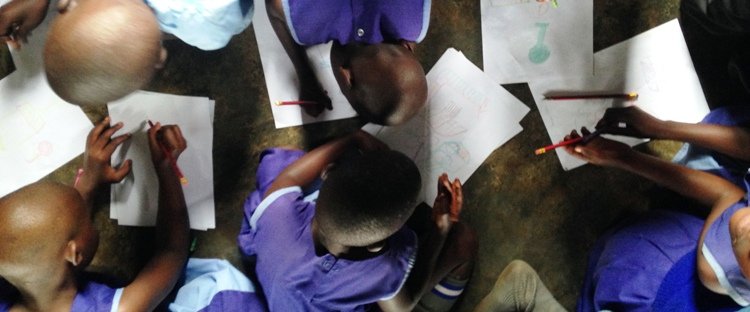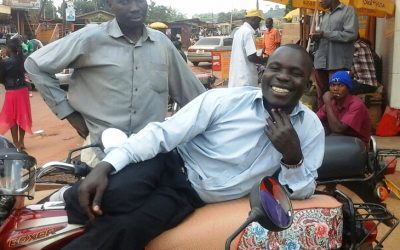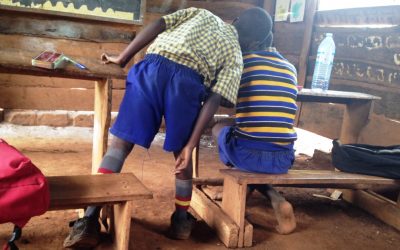So, you’ve made the leap: you’re volunteering in Africa. You’ve done the research, chosen a grassroots organization that centers local leadership, secured your spot, and even booked your flights. You’re trawling blogs, Instagram feeds, and packing lists, eager to get every detail right.
We get it—you’re experienced, thoughtful, and ethically driven. But hold on. The most important preparation you can do isn’t about what to bring. It’s about understanding what not to carry—mentally and emotionally as much as physically.
Volunteering abroad isn’t just an act of giving; it’s a deep, mutual exchange. Here’s what to leave behind to ensure that exchange is respectful, empowering, and unforgettable.
The Real Uganda offers 2 – 12 week locally-led communty-based volunteer programs.

1. the urge to fix things
You are not here to save anyone. You are here because you were invited. Communities welcome volunteers not because they’re helpless, but because they value shared learning and cross-cultural connection.
Ask questions. Tell your story. Listen—really listen. Let your presence be about being instead of doing. In that, you’ll uncover deeper impacts than any “solution” you could impose.
2. euro-Centric Assumptions
Uganda—and any host country—is not “developing” into a version of the Global North. It is complete and complex on its own terms. If something seems “backward” or “inefficient,” check your lens.
Remember, in this space, you are the one with the strange customs. Embrace the unfamiliar. Approach differences with humility, curiosity, and reciprocity. That’s how real understanding is born.
RELATED: Let’s discuss short-term volunteer impact in Uganda
3. Tech Overload
Yes, pack your camera. Yes, bring your phone. Yes, share your story.
But know when to unplug. Some moments are too rich to live behind a screen. Step into your surroundings fully—mud, noise, laughter, all of it. Be there for you, not just for your followers.

4. fear of the unknown
You might be nervous. Your mom might be panicking. But fear isolates—and it dulls your experience.
Your hosts want you there. They’ve invited you into their community and know how to keep you safe. Trust builds connection. And without connection, your impact is hollow.
Take a deep breath. Be brave enough to be open.
The Real Uganda’s COVID-19 Response brings practicals skills training to young rural women
5. Western Definitions of “Impact”
This one’s tough. Your productivity will feel different—slower, maybe. Less structured. That doesn’t mean you’re not doing important work.
Impact looks different here. It’s not measured in outcomes or outputs. It’s measured in relationships, in mutual respect, in shifts in understanding—yours included.
Soften your expectations. Tune in. Learn what local success looks like.
Curious about what you should bring? Start with an open mind, a listening ear, a compassionate heart, and a spirit of collaboration. These are your most valuable tools. Avoid placing too much importance on what comes from outside. Instead, immerse yourself in what Uganda already offers—and focus on supporting local people in accessing and celebrating their own resources and strengths.
For a more comprehensive list, check out our Smart packing guide for volunteers.











Hi. We are travelling to Uganda in January. What can be brought that is truly needed in the country that would be helpful for quality of life? Thanks for your time to respond to me. Erick
Hi Erick! Thanks for your message. Honestly, quality of life is a very personal thing. I would ask my host for that information. Personally, I believe your listening ear, compassionate heart, and collaborative spirit is incredibly important. If it’s your first time, don’t get hung up on bringing things from outside countries. Rather, learn what Uganda has to offer and how you can empower it’s people to access it. How does that sound?
Its how I travel for the most part anymore. I definitely believe that support and motivating words and action that is a positive example will change the world. Thank you for your time Erick